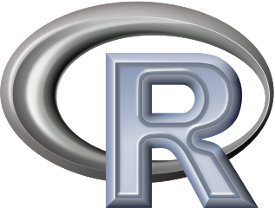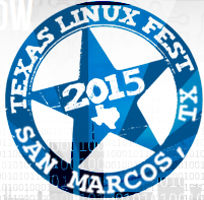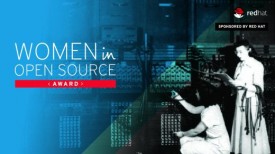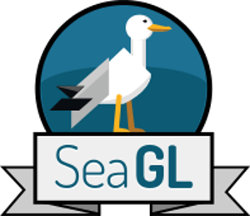Editor’s note: FOSS Force will be offering live video streaming of all OSCON keynote addresses beginning Wednesday, July 22, 2015 at noon EDT.
FOSS Week in Review
I was ready to pack my bags for OSCON on Friday with a pretty quiet week, and a quick roundup which would allow me to hit the road and head north to Portland. No such luck. We have OSCON coverage coming next week — more on this later — but some of the more scintillating stories of the week include the following:
FSF, Canonical Makes Progress on Licensing: The $140,000-plus in donations is still missing, but that’s not the biggest news coming from Canonical this week. After two years of wrangling between the Free Software Foundation and Canonical — with a little help from the Software Freedom Conservancy — the FSF announced that they have made some progress on updated licensing terms for, as the FSF calls it, “Ubuntu GNU/Linux.”





 MS Writes a Check: Well, this was probably inevitable. With a generous donation, Microsoft has become a gold contributor to the OpenBSD project — the first gold contributor — in an effort to get OpenBSD’s help in porting OpenSSH to Windows. This comes from a
MS Writes a Check: Well, this was probably inevitable. With a generous donation, Microsoft has become a gold contributor to the OpenBSD project — the first gold contributor — in an effort to get OpenBSD’s help in porting OpenSSH to Windows. This comes from a 

 It inspires awe how quickly Friday comes along — one minute I’m talking stories for publication with my colleagues Ken Starks and Christine Hall, and the next thing I know, deadlines are poking me in the shoulder and saying, “Well…?”
It inspires awe how quickly Friday comes along — one minute I’m talking stories for publication with my colleagues Ken Starks and Christine Hall, and the next thing I know, deadlines are poking me in the shoulder and saying, “Well…?”


 Red Hat, Samsung Team Up: While there has been a lot of oooh-ing and ahhh-ing over what’s been coming out of the
Red Hat, Samsung Team Up: While there has been a lot of oooh-ing and ahhh-ing over what’s been coming out of the  Sarah Sharp, an embedded software architect at Intel, and Kesha Shah, a student at Dhirubhai Ambani Institute of Information and Communication Technology, were named the winners of Red Hat’s first
Sarah Sharp, an embedded software architect at Intel, and Kesha Shah, a student at Dhirubhai Ambani Institute of Information and Communication Technology, were named the winners of Red Hat’s first 


 The Linux Foundation, ever in the forefront of shaping the future of Linux, has announced the 2015 Linux Training Scholarship Program, which aims to provide educational funds “to up-and-coming developers and sysadmins who show incredible promise…but do not otherwise have the ability to attend Linux Foundation training courses,” according to a page on the
The Linux Foundation, ever in the forefront of shaping the future of Linux, has announced the 2015 Linux Training Scholarship Program, which aims to provide educational funds “to up-and-coming developers and sysadmins who show incredible promise…but do not otherwise have the ability to attend Linux Foundation training courses,” according to a page on the